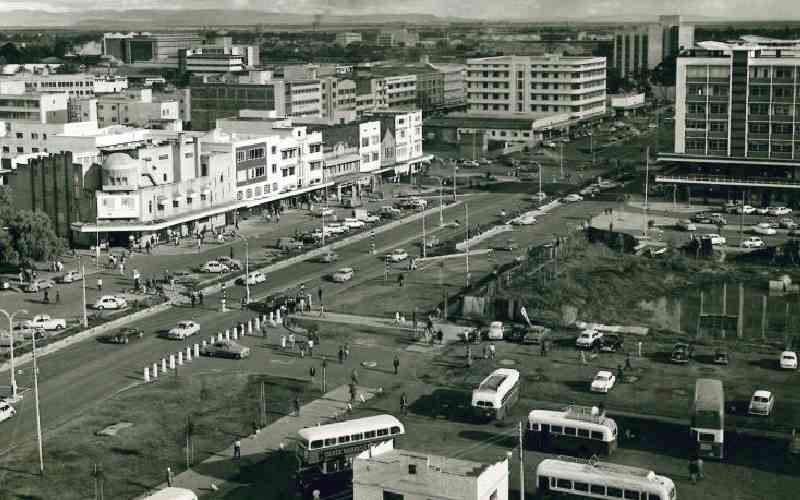×
The Standard e-Paper
Kenya’s Boldest Voice

It is finally raining in the country and Kenya's collective thirst has been quenched. But to millions of Nairobi residents, these torrents mean big trouble because of clogged drains and flooded residential estates awash with rivers of raw sewage while clean drinking water is scarce.
This nightmare for the city did not start yesterday. Long before Nairobi was granted municipality status, the authorities used fire as a planning tool to rid the city of some of its myriad problems.